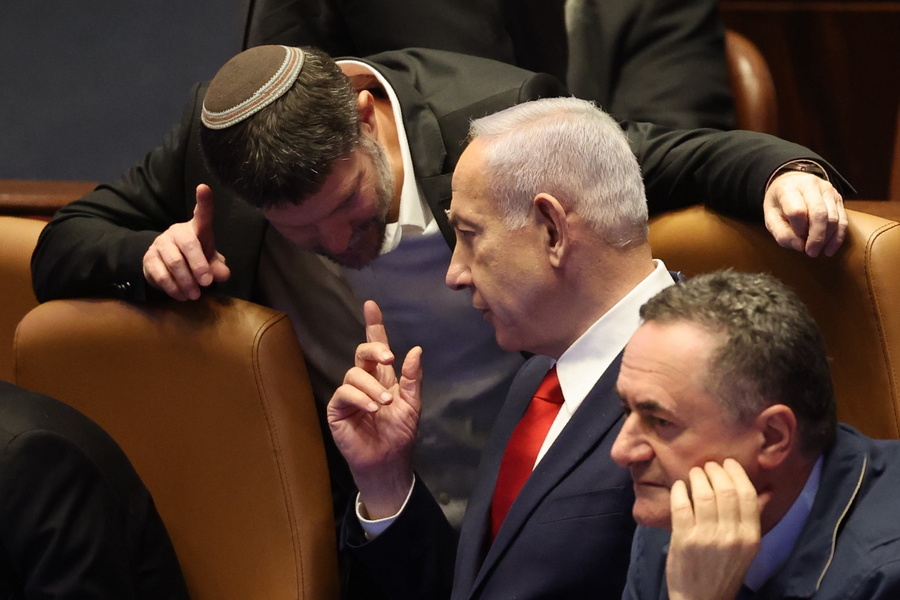The atmosphere was tense during the 10-hour security cabinet meeting in Israel, focusing on military plans for the next phase of the Gaza war. According to CNN, citing an Israeli political official, the session was characterized by intense confrontations, with government members verbally attacking army chief Herzi Halevi.
Military warns of humanitarian crisis and security risks
Halevi, head of the Israel Defense Forces (IDF), reportedly warned the government about:
• Serious humanitarian consequences from potential military occupation of Gaza
• International backlash and damage to Israel’s global image
• Risks to the 50 remaining hostages, 20 of whom are believed to still be alive
Despite the general’s warnings, his concerns were ignored, according to the same official, highlighting once again the growing rift between military and political leadership.
Diplomacy or continued warfare? The internal struggle
The military leadership appears to support diplomatic solutions, in contrast to Israel’s political leadership pushing for war escalation. The incident with Halevi reflects the mounting internal tensions within the Israeli state as the next phase of Gaza operations takes shape.
Netanyahu: “We don’t want to occupy Gaza – We want to liberate it from Hamas”
Meanwhile, in a phone conversation with German Chancellor Friedrich Merz, Israeli Prime Minister Benjamin Netanyahu clarified that Israel’s goal is not permanent occupation of the Gaza Strip, but rather expelling Hamas and establishing peaceful governance in the region. Netanyahu also expressed his displeasure with Germany’s decision to freeze arms exports to Israel. This decision comes at a critical phase for military operations in Gaza and could potentially affect Israel-Germany relations.
Internal tensions and international pressure shape Gaza developments
Israel faces internal disagreements at the strategic level, as well as international pressure to limit military action in Gaza. The war’s next phase will depend both on political leadership decisions and their ability to manage military objections and international community concerns.




